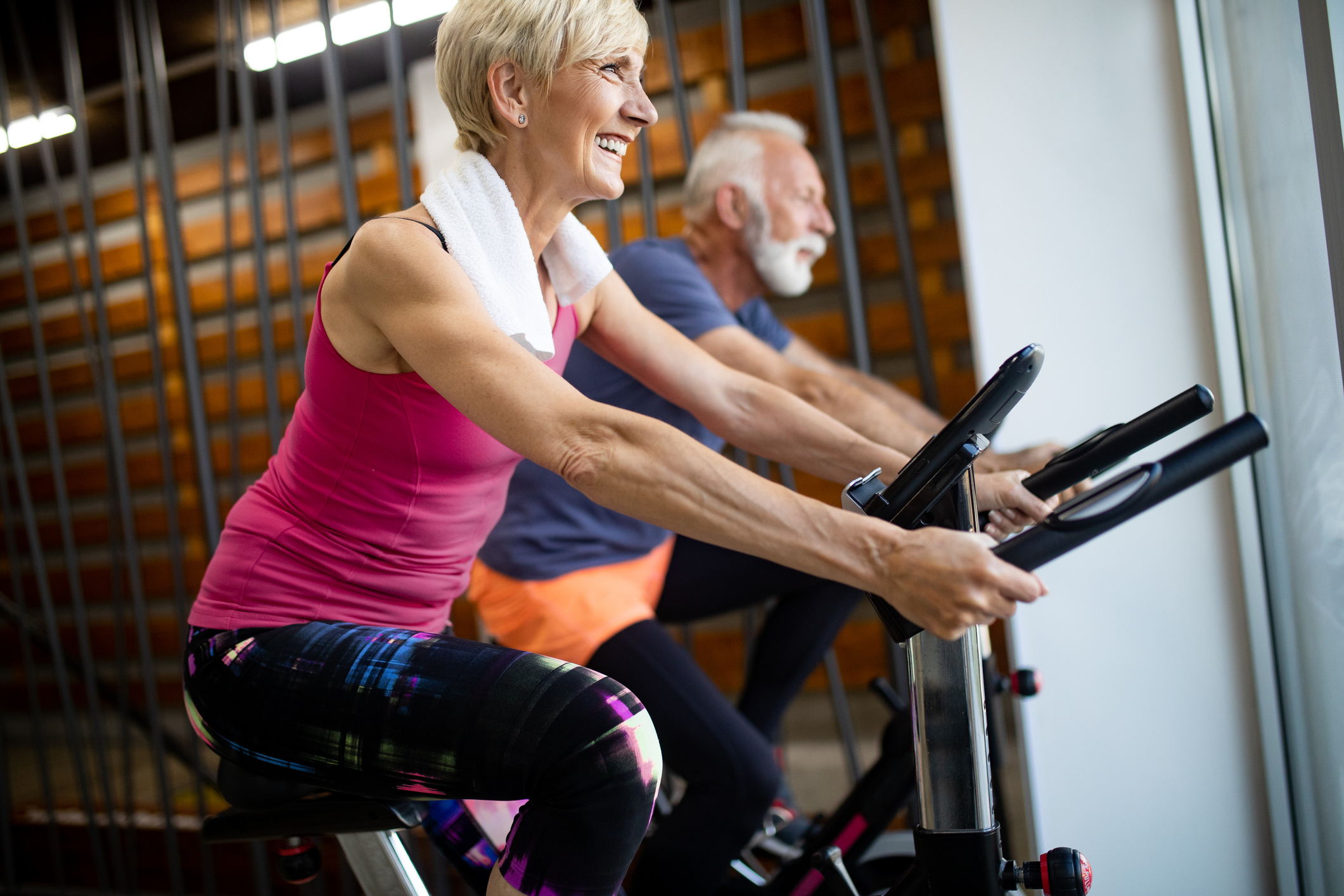As the Baby Boomer generation reaches retirement age and beyond, a fast-growing proportion of the population will be passed the age of 65. Over the next 20 to 30 years, the number of seniors will continue to soar, placing a greater burden on health resources. By keeping physically active, eating a healthy diet, and staying socially connected, older adults can continue to thrive and live independently longer, but few Canadian seniors report getting the recommended 150 minutes of moderate exercise each week.
According to a recent Montreal Gazette Diet & Fitness special report, 30 minutes of exercise on most days can help seniors prevent muscle loss, improve cardiovascular and metabolic health, enhance balance, and boost mental health. Group activities not only help older adults stay motivated to exercise but they also provide an important opportunity to socialize, helping to stave off isolation and depression and create a network of support for those caring for a loved-one at home.
Despite all the many benefits of exercise for optimal aging, Statistics Canada data finds that seniors over the age of 65 self-report they are the least active segment of the population. Why is this group of the population that can improve their quality of life with exercise not participating more? Researchers think ageism may be part of the reason seniors, and even their doctors, believe that older adults should be taking it a little easier and not pushing themselves too much physically.
A recent Texas A & M journal review found many references to ageism in the health and fitness industry. Not only do others believe seniors can’t keep up with a rigorous exercise program, but many older adults also impose these more traditional views on what kind of physical activities are appropriate for their age group. Researchers hope that by recognizing that ageist stereotypes may be holding seniors back from reaching their physical potential, more older adults will be encouraged to set fitness goals that are associated with their fitness and athletic ability rather than their age.
With greater confidence in their ability to challenge themselves physically, older adults will be able to maintain physical function longer, helping to prevent chronic illness, improve mental health, and remain independent. Physical activity is also beneficial for brain health and older adults who exercise regularly can enjoy a better quality of life with a greater sense of confidence and well-being.






Add Your Voice
0 Comments
Join the Discussion